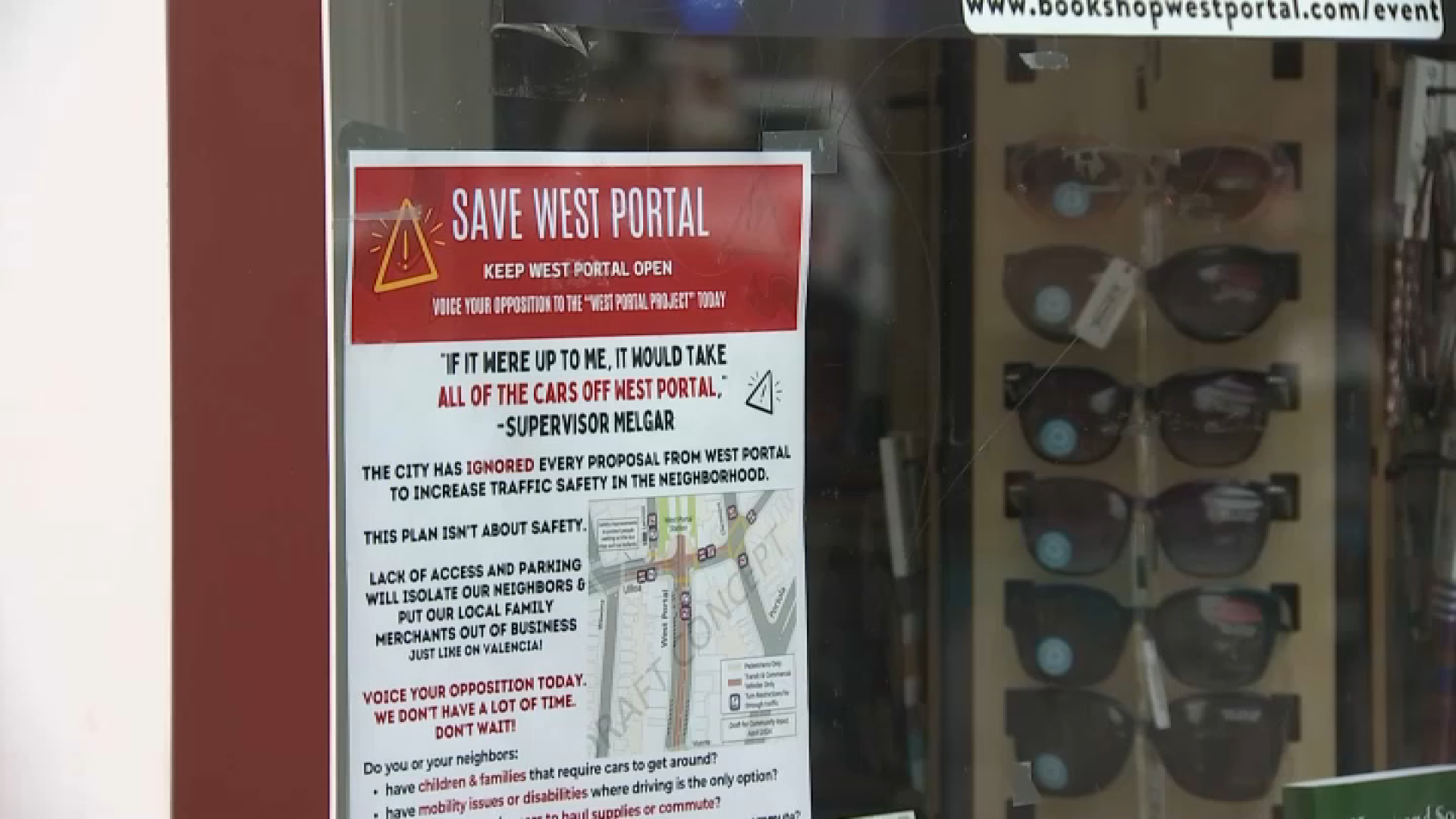In a rare action, the California Supreme Court voted 6-1 to reinstate the license of a disbarred former San Francisco prosecutor after his attorneys showed evidence he had recovered from the drug addiction that destroyed his career.
Robert Roland, 45, who was disbarred in 2007 following his conviction on federal drug charges, was notified Tuesday that he can now practice law again, according to his attorney, Joanna Sheridan.
In 2006, Roland was convicted of four drug-related charges, including possessing ecstasy (MDMA) with intent to distribute. The last charge led to his disbarment.
Federal prosecutors had originally accused Roland, then an assistant district attorney in San Francisco, of obtaining drugs in reward for assisting defendants, but federal prosecutors dropped those allegations due to lack of evidence.
Roland did admit, however, that he obtained MDMA and distributed it to defendants he also helped prosecute, without alerting the court.
Sheridan told NBC Bay Area that after Roland served his six-month term and spent three years on supervised release, he rebuilt his life.
"To pull yourself up from that low, from the ashes, literally, of your career, of your life, to overcome a drug addiction – it’s a very difficult and long term process," Sheridan said.
Local
She said after Roland hit "rock bottom" in prison, he went through rehab and upon his release, got a job as a document reviewer for a medical device firm. He later became head of quality control there.
He volunteered monthly at a law clinic in the Bayview for two years and spoke to law school classes about how his addiction led to ethical lapses, she said.
In the fact-gathering hearing earlier this year, 14 witnesses testified on his behalf. State bar officials argued that Roland did not do enough to show he had truly rehabilitated himself and questioned if his teaching and volunteer work proved he was fit again to be a lawyer.
In the end, the hearing judge, Patrice McElroy, found in his favor. The state court agreed, with Justice Carol Corrigan dissenting.
Doug Rappoport, another one of Roland’s lawyers, said the original accusations that Roland traded leniency for drugs were baseless and the product of unreliable informants.
"It was unfathomable at the time that anybody who knew Rob could believe that this was true and in fact it turned out not to be true," Rappoport said.
It is not clear what Roland will do with his reinstated attorney’s license.
"He knows he can’t be a prosecutor anymore," Sheridan said. "I don’t know where he will land, but just being able to regain the title of being a lawyer, the confidence of the community, is a privilege, a great privilege. I’m sure he’ll do something wonderful with it."
State Bar officials have not responded to a request for comment.



